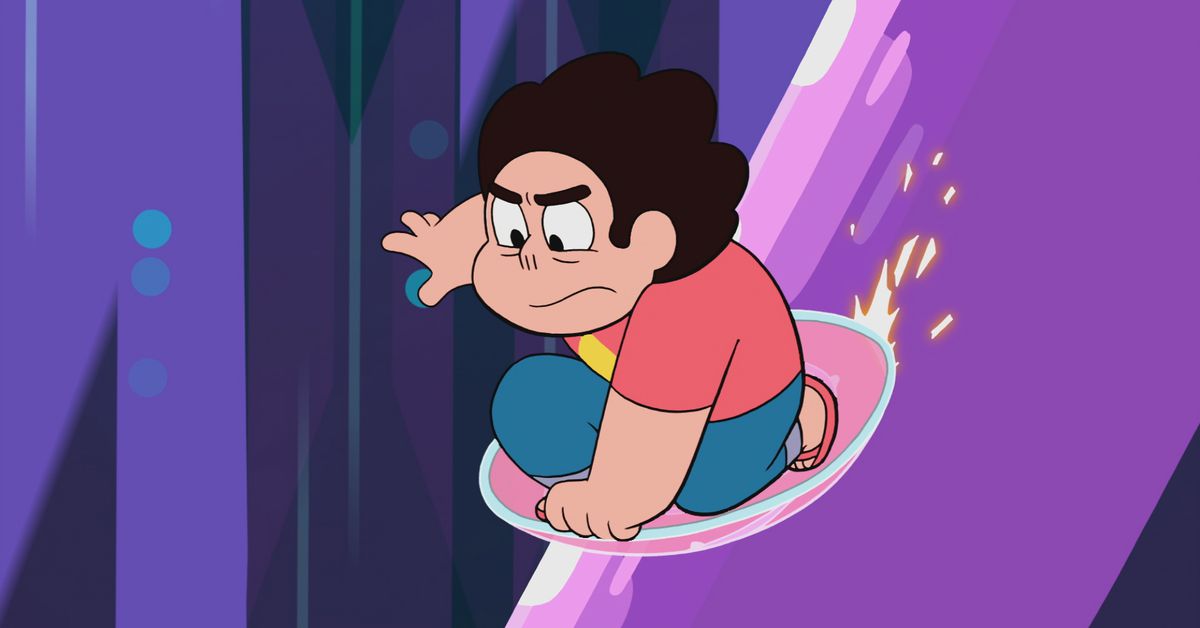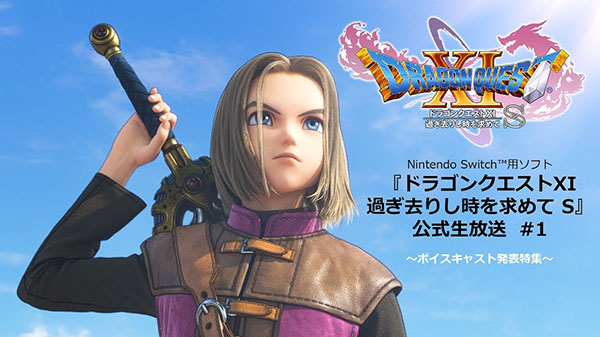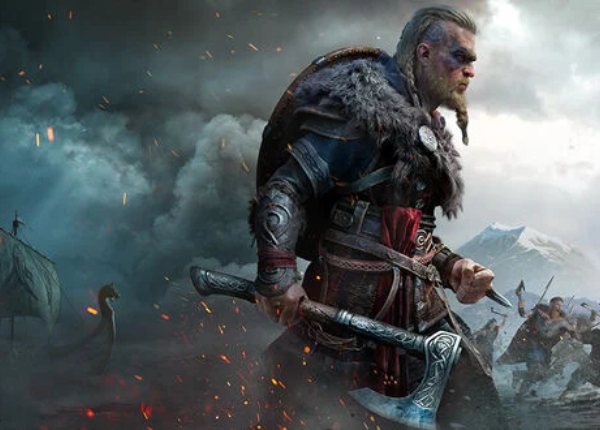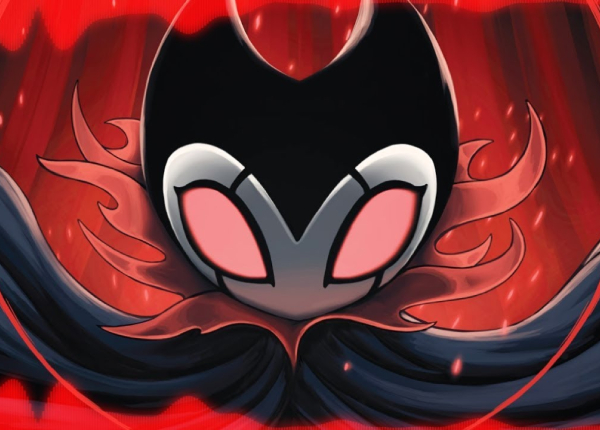Steven Universe ‘Change Your Mind’ recap: closure for Steven & the Gems

Steven Universe can be a very annoying boy.
The protagonist of Cartoon Network’s series Steven Universe is a special kid: The offspring of an alien Gem and a human being, he’s uniquely positioned to see both civilizations clearly. His Gem heritage allows him to conjure an enormous shield, which he can throw as a weapon or use to protect his friends and family. He can even fly — or float, at least. And over the course of the series, whose hourlong fifth-season finale aired last night, he’s become a remarkably mature, emotionally intelligent person.
In this week’s episode, “Change Your Mind,” which marks the conclusion of creator Rebecca Sugar’s originally planned five-season arc for the series (but is not the series finale), Steven prevails over the entire Gem empire by flexing his sentimental muscles. The bulk of the hour (also dubbed the Battle of Heart and Mind) is devoted to Steven opening the eyes of the three other Diamond rulers of the Gem civilization to his, and his mother Pink’s, view of humanity. It’s an impressive feat of compassion, and the narrative endpoint of 156 episodes of television.
:no_upscale()/cdn.vox-cdn.com/uploads/chorus_asset/file/13702741/Screen_Shot_2019_01_20_at_10.53.51_AM.png)
Back in the show’s first season, Steven was far more irritating. He was myopic, focusing on what was right in front of him to the detriment of more important priorities — especially when what was right in front of him was the prospect of getting ridiculously buff. He was a huge goofball incapable of taking anything seriously. And he had a child’s instinct for deception when it seemed like he might be in trouble, whether that meant forming a “Secret Team” to hide a mistake or asking the Gems to pretend to be his human mother. But the story of Steven Universe isn’t about Steven discarding the things that made, and still make, him childish — it’s about figuring out how to use them in more specific, salutary ways.
Steven’s intense focus allows him to ensure that he doesn’t lose sight of the bigger picture over the course of his adventures: It’s what gives him the perspective to, say, make sure his friend doesn’t sacrifice herself for his protection. His goofiness is a tool for lightening the mood during potentially serious, emotionally overpowering moments. And eventually, he’s able to engage in productive, carefully targeted deception, tricking his dad into hanging out with Pearl so the two can talk about their unresolved issues.
Perhaps the central childish quality of Steven’s, which Steven Universe celebrates even while recognizing its implausibility, is his trusting nature and willingness to engage with potential enemies. At the beginning of the series, episodes are largely simple conflicts between the Crystal Gems and monsters, but, as the show goes on, we learn that those monsters are largely corrupted Gems, infected by a weapon of mass destruction and now in need of help. And the ostensibly villainous Gems, from Peridot to Lapis Lazuli to the Diamonds themselves, are just misguided people who could use a friend. Even someone who has hurt Steven and his friends is a potential ally, rather than a real foe.
This slow, deliberate change in perspective is telegraphed in the show’s theme song: In the first line, Steven sings, “If you’re evil and you’re on the rise, you can count on the four of us taking you down.” Within a season or two, though, the way Steven originally sees the world, and the way the world saw Steven Universe at first — a simple, good-versus-evil battle out of a Saturday morning cartoon — becomes far more complex.
:no_upscale()/cdn.vox-cdn.com/uploads/chorus_asset/file/13702744/Screen_Shot_2019_01_20_at_10.34.47_AM.png)
The older Crystal Gems are incapable of reaching Steven’s peaceful solutions to their problems. Pearl is far too uptight to consider being open to new experiences and ways of being, and too cautious to trust new people. Amethyst is too chaotic to just spend time getting to know someone, the way Steven does with the newly homeless Peridot. And Garnet, justifiably, is too angry at Homeworld’s bigoted stance on fusion to seriously sit down with the Diamonds. But for Steven, even the most malicious Gems are just people who have been misled, or given in to some of their worse impulses — to the point where, at the climax of the show’s ongoing arc, he defeats the leader of Gem civilization, not by talking, but by embarrassing her.
White Diamond insists on “perfection” and a single path forward for Gems; her Gem ability is literally possessing other Gems and turning them into extensions of herself. This tendency, we learn, pushed away Steven’s mother Pink Diamond, left Yellow and Blue Diamond with serious issues, and fueled the rise of a civilization that destroyed countless worlds. White Diamond’s pathology is the cause of the repression and eradication of individuality that made it impossible for Pearl to form her own identity, for Amethyst to be treated well as a smaller-than-usual Quartz or for Garnet to exist as a fusion.
The word “gaslighting” is, in our insane political moment, heavily overused for situations that are often better described as “lying.” But gaslighting is exactly what White tries to do to Steven, insisting that he, Pink Diamond, hid in the body of a human as a way of avoiding Homeworld, and that he (Pink) surrounds himself (herself) with flawed Gems as a way of feeling superior. It’s textbook emotional abuse, and it plays into a growing sense of self-doubt Steven has been feeling about his growing connection to Pink’s memories. But instead of punching White Diamond in retaliation or giving in to her manipulation, Steven remains insistently himself — even as White Diamond does the unthinkable and removes Steven’s Gem from his body.
From the series’ beginning, Steven Universe has remained adamantly within Steven’s head and shown events from his point of view. Steven’s friends Lars and Sadie might share a tender, quiet, romantic moment, but we won’t see it unless Steven is observing or accidentally inhabiting Lars’ body. The Diamonds might be plotting how best to deal with the rebellious Steven in a scene that would give more insight into their history and motives, but we have to follow him as he leaps back to Earth to ask Bismuth for help.
This formal choice pays off spectacularly in Steven’s encounter with White Diamond, as Steven Universe proves definitively to be his own person. The frame is split, as we see through the eyes of both organic and Gem Steven. The Gem’s light-based form evolves like an Animorph, from Pink Diamond to Rose Quartz, and finally to a pink version of Steven himself, culminating in a striking, beautiful sequence in which Steven fuses with his own body. Pink Diamond is gone. Of course, Steven was a fusion all along.
:no_upscale()/cdn.vox-cdn.com/uploads/chorus_asset/file/13702751/Screen_Shot_2019_01_20_at_10.34.59_AM.png)
Though he’s still confronted with an alien overlord, Steven’s once-again whole self has a decidedly silly response to reforming: laughter. And when White tells the giggling Steven he’s acting like a child, he responds: “I am a child. What’s your excuse?” White starts blushing, allowing an off-color pink into her hue; she has, essentially, been infected with Steven’s feelings, and with her own. He’s won. This is the ultimate victory for Steven’s childishness: a set-in-their-ways, overbearing adult who easily defeats the powerful Gem warriors, bested by uncontrollable mirth.
But Steven’s retort, the fulcrum on which the entire climax turns, also comes from knowing when to put childish things away. It acknowledges that, for all that Steven Universe celebrates some elements of childishness, there are certain things children do that adults shouldn’t; that’s the whole reason White Diamond should be embarrassed. Children force their own issues on others. Children demand that everything be just so. Children are incapable of seeing how their actions hurt other people. Children keep secrets from people they love. That realization — that she is the one acting like a child — is what causes White Diamond to become rightfully embarrassed, and it’s what makes her open to changing her mind, loosening her grip on the Gem empire.
Steven Universe is commonly lauded as a children’s show that works for adults, but its primary audience is still — and should be — children. And, like many children’s shows, it’s full of often-didactic messaging, whether that’s supporting your friends, not being afraid to be yourself or standing up to bullies. (Though a cheeky to-the-camera aside in “Change Your Mind” insists that kids watching the episode go tell a grownup when they encounter a bully, a tactic that might not work for all bullies.) But too often, the message of kids’ shows is either some variation on “grow up” or “stay a child as long as possible.”
The idea that there are childish qualities worth cultivating, alongside others that can and should be avoided or shed, is a refreshingly nuanced (and accurate) take on how to be a person, even if being that kind of person requires fusing with your own body, especially for kids. Being able to gain emotional maturity, insight, and wisdom while still retaining the best parts of being new to the world — that’s the disposition Steven Universe asks of us as we, whether 14 or 34 or 34,000, continue to grow.
Eric Thurm is the founder, host, and overall doofus behind Drunk Education, which started as a party at his house that several people had to be tricked into attending. He is also a writer whose work has appeared in GQ, Esquire, Rolling Stone, The A.V. Club, and other publications, and the author of a book on board games forthcoming from NYU Press in 2019.
[ad_2]
Source link





